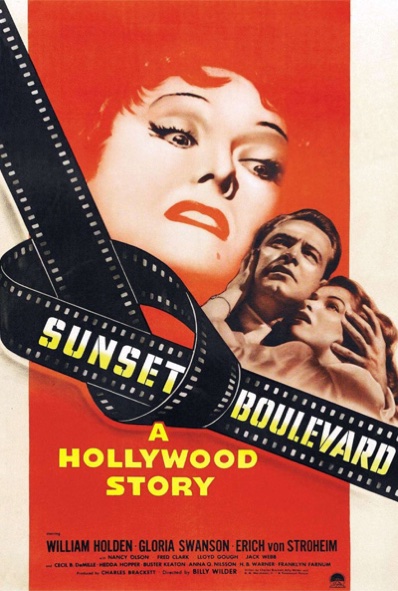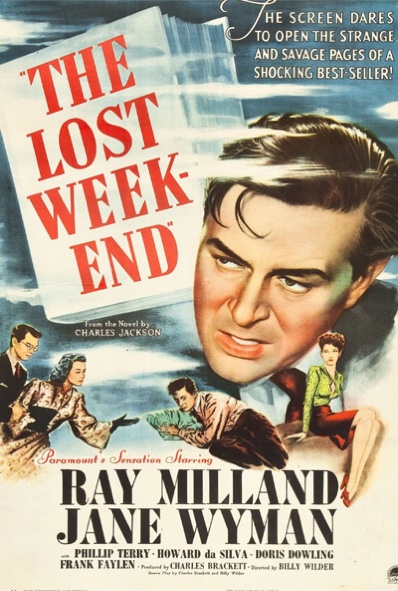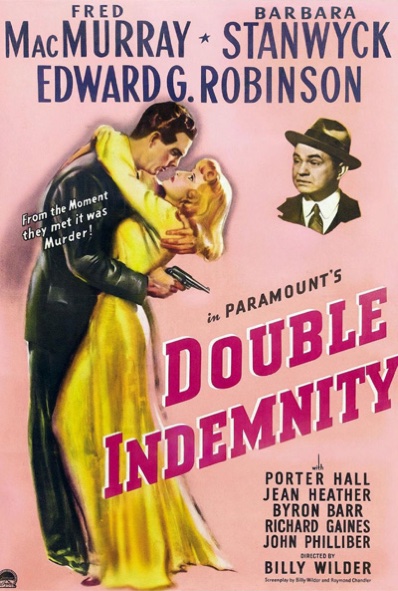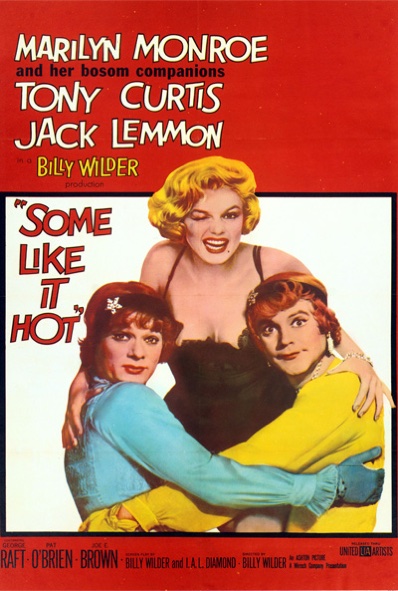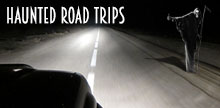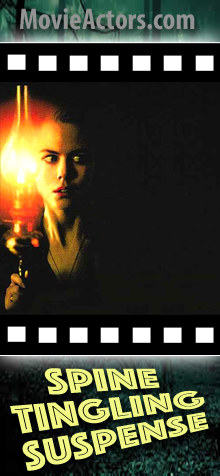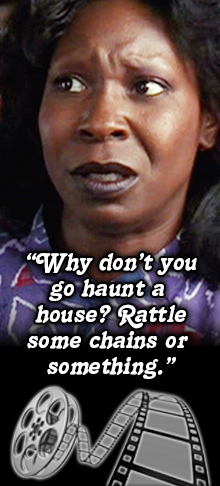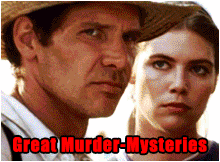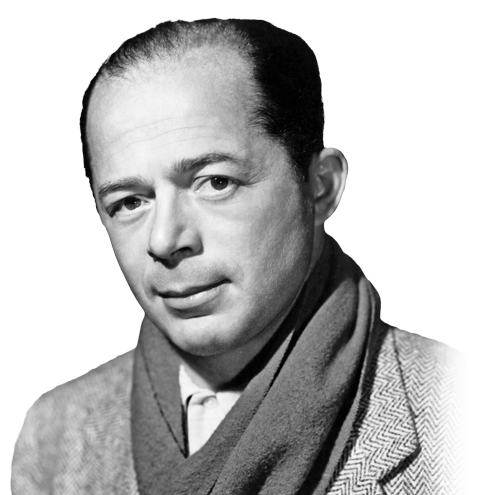
Billy Wilder
Best known for being one of the most brilliant and versatile filmmakers of Hollywood’s golden age. He is perhaps as equally renowned for his comedies — The Seven Year Itch (1955), Some Like It Hot (1959) and The Apartment (1960) — as he is for his classic excursions into film noir, such as Double Indemnity (1944) and Sunset Boulevard (1950).
Though he was born Samuel in 1906 in what is now Poland, his mother nicknamed him Billy because she loved America and thought that name sounded more American. Though he planned on becoming a lawyer, Billy Wilder ended up as a journalist and screenwriter in Berlin. Hitler’s steady rise to power pushed him first to Paris and then to Hollywood, fulfilling the destiny his mother set for him.
Arriving in 1934 knowing very little English, his pal and roommate Peter Lorre showed him the ropes. Five years later, Billy Wilder’s co-screenplay for Ernst Lubitsch’s “Ninotchka” lost out to “Gone With the Wind” in arguably Hollywoods biggest year ever. Latching on to Lubitsch, Wilder maintains he learned how to direct from talking with Ernst, and even moved in with his mentor after Lubitsch had a heart attack. Wilder kept a sign in his office, “How would Lubitsch do it?”
Though Wilder is recognized as one of the all-time great American directors, he was just as much if not more one of the all-time great American screenwriters. It is no accident that his first Academy Award nomination was as a writer. It’s almost impossible to believe, after hearing Melvyn Douglas deliver his lines in “Ninotchka”, that English was his second language.
Wilder must have felt that he and his co-authors had mastered the language quite well. As a director, he very rarely allowed any deviation from his scripts. In spite of this, his actors loved him. Jack Lemmon, William Holden, Audrey Hepburn, Fred MacMurray and even Marilyn Monroe were all in multiple Wilder pictures.
Wilder had the Oscars to back up his dictum, too. He was nominated eight times for an Academy Award for directing, and he won twice. However, he was nominated twelve times for screenwriting and won three times. Wilder is one of only five people to have won three Academy Awards in the same year. His year was 1960, when he won Screenwriter, Director and Best Picture Oscars for “The Apartment“. It is no wonder that it’s his favorite.
Wilders mother and grandmother were killed in Nazi concentration camps — his mother at Auschwitz. He wanted his last picture to be “Schindler’s List“. Partly because he was in his eighties, though, he gave his blessing to Steven Spielberg directing it. Though he maintained he would have made a different picture (of course), he applauded the film, which he saw at its first public screening.
Like most writers-turned-directors, Wilder confessed that he became a director to keep other people from messing up his written work. That is the system, of course, and it worked well for Billy Wilder. Still, though, to truly appreciate Wilder the director, a true fan should watch, listen to, or even read Wilder the writer.
— Nate Lee
Great Scenes
The Lost Weekend
- Though it’s certainly not his best film, this dark portrayal of an alcoholic won Wilder both Best Director and Best Screenplay. It definitely shows his writing talent, injecting humor and wit in Ray Milland’s studied upper-class mouth — into a daunting tale. Just listen to Milland’s speeches in the bar. They’re all brilliant.
Double Indemnity
- Speaking of speeches, every time Edward G. Robinson is on the screen, he is hilariously brilliant — particularly in his speech on suicides. Otherwise, this film still rates as one of the originators of film noir. Fred MacMurray is wrong for it, but you get used to his little Chandleresque phrases.
Stalag 17
- This is one funny war movie. If you’ve never seen the TV knock-off of it, “Hogans Heroes,” it’s even funnier. William Holden won an Oscar for being the guy that everyone else in the prison barracks thinks is the informant. His scene of explaining who the real informant is is priceless Holden.
- The Christmas dance scene is funny and captivating in its pure G.I.-ness.
Sunset Boulevard
- One of the many brilliant things about this film on Hollywood is the stars who play themselves, or in the case of “butler/husband/director” Erich Von Stroheim, versions of themselves. In the “waxworks” scene, silent film stars gather to play bridge, with Buster Keaton and the rest showing their silent brilliance. Cecil B. DeMille is particularly interesting in portraying a rather kind and thoughtful man, still gentle with the fragile egos of his stars. The Special Features on the DVD are fascinating, particularly how the films original beginning was so idiotic that fans in an Evanston, Illinois, screening laughed them out of the theatre.
Some Like It Hot
- AFI’s Number One comedy is so full of brilliant sexy scenes with perfect dialogue it is hard to pick even the top five. Watch Jack Lemmon, still in drag from the night before and still shaking his maracas and discussing with Tony Curtis his engagement to Joe E. Brown. Marilyn Monroe and Jack Lemmon become all-the-more unlikely partners in a top berth of the train to Florida. As if we needed to know whats on Jacks mind, the double entendres are hilarious.
- Watch the interview with Tony Curtis in the Special Features.
Classics
- Some Like it Hot
- Sunset Boulevard
- Double Indemnity
- Stalag 17
- The Apartment
- Sabrina
Lesser Known Greats
- Love in the Afternoon
- The Lost Weekend
- A Foreign Affair
- Ace in the Hole
- The Seven Year Itch
- Witness for the Prosecution
- The Fortune Cookie






